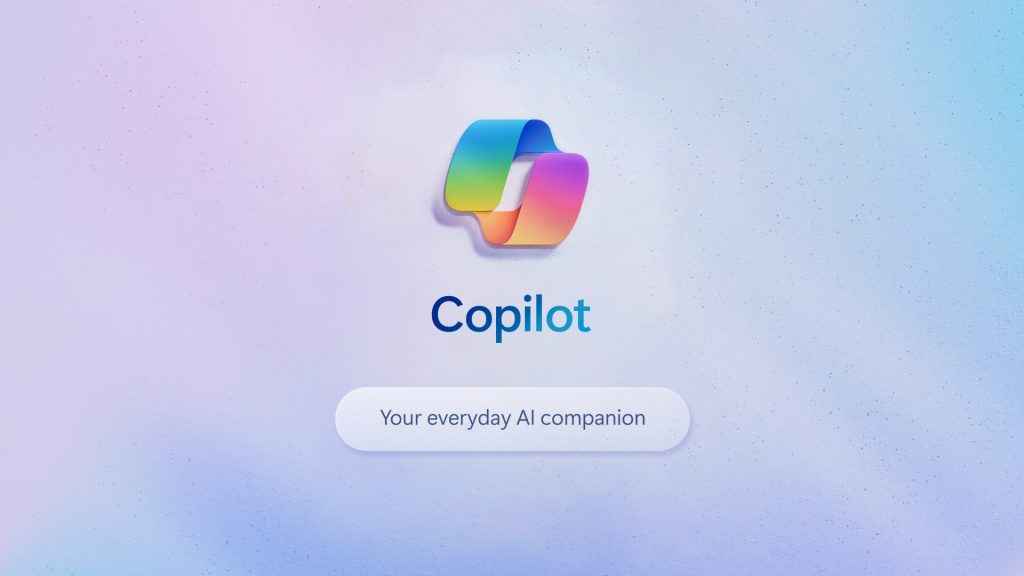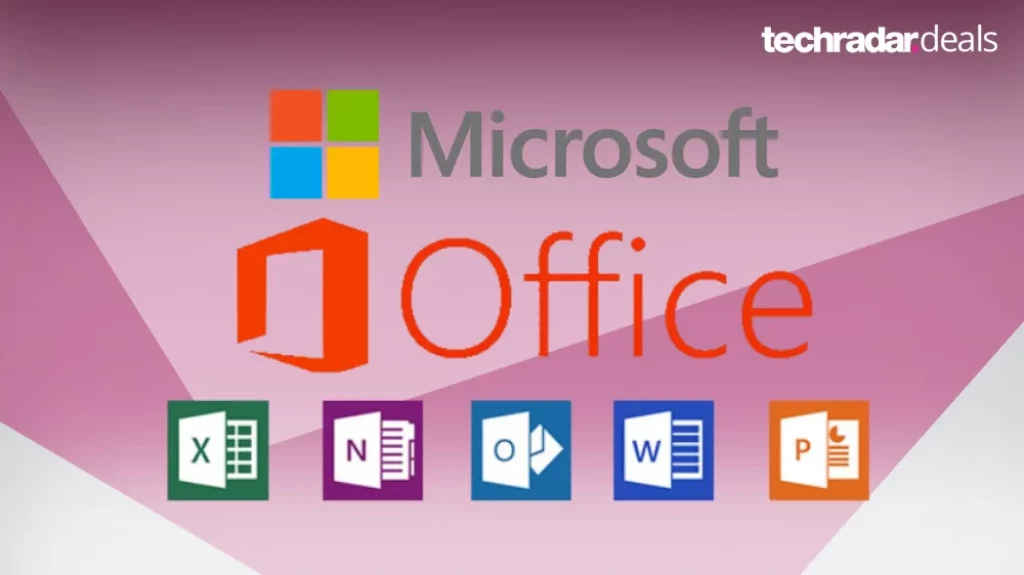For decades Microsoft has been the dependable tech giant, steady, massive, profitable, but never quite explosive. That label belonged to Silicon Valley’s more mercurial players. Until now.
In a stunning financial feat, Microsoft has crossed the $4 trillion market capitalization mark, joining NVIDIA in an elite club that, until just weeks ago, didn’t even exist. This historic leap isn’t just a triumph of scale, it’s a testament to how Microsoft has successfully repositioned itself as an AI-first, cloud-anchored juggernaut, riding the same wave that pushed NVIDIA into the financial stratosphere.
Also read: Microsoft’s Copilot AI can now see your entire desktop screen and here’s why you should be worried
Riding the AI rocket


The catalyst? Artificial intelligence and more specifically, Copilot. Microsoft’s push to embed AI across its product ecosystem has redefined what cloud services and productivity tools look like. From Microsoft 365 Copilot, which infuses AI into Office apps, to GitHub Copilot, which is transforming software development, the company has turned AI from a buzzword into a user-facing reality.
With each passing quarter, enterprises are deepening their spend on AI tools and most roads lead back to Azure, Microsoft’s cloud platform, where these services are hosted. The company reported a 34–39% year-over-year surge in Azure revenues, driven largely by demand for AI infrastructure and services. It’s not just businesses – governments, research institutions, and developers across the globe are tapping into Microsoft’s AI muscle.
Microsoft’s fiscal Q4 2025 earnings gave investors plenty to celebrate. Revenue reached $76.4 billion, up 18% year-over-year. Profits? A staggering $27.2 billion, a 24% jump. These numbers reflect growth and signal dominance.
Wall Street responded instantly. Microsoft shares surged nearly 9% in after-hours trading on July 30, adding hundreds of billions to its valuation in a matter of hours and pushing it just above the $4.1 trillion mark. At one point during the day, Microsoft even edged out NVIDIA, if only briefly, to become the world’s most valuable company.
From Office to omnipresence


Also read: Donald Trump doesn’t want Microsoft and other tech companies to hire Indians: Here’s why
This milestone feels especially significant when you trace the arc of Microsoft’s journey. It went from being the “Office company” to becoming an AI cloud empire. Its massive capital investments amounting over $100 billion planned for expanding data centers and AI infrastructure, show a long-term bet on a world where generative AI underpins everything from search to software engineering.
Unlike NVIDIA, which dominates the AI hardware market with its GPUs, Microsoft is claiming the platform layer of the AI revolution. Its investments in OpenAI, partnerships with companies like Meta and xAI, and its seamless integration of AI into everyday tools position it as the gateway through which many users will experience artificial intelligence.
It’s worth noting that NVIDIA, the first to cross the $4 trillion line earlier this month, remains the darling of the AI hardware world. But Microsoft’s entry into this rarefied territory makes one thing clear: AI’s true value is not just in chips, but in what those chips power.
Microsoft’s ascent is a signal that we’re now entering a phase where AI utility, more so than AI capability, defines market value. And in this regard, Microsoft is unmatched. Where NVIDIA sells the shovels, Microsoft sells the land and charges rent on every gold nugget found.
Looking ahead
With this milestone, Microsoft has effectively redrawn the map of tech power. Apple, once the crown jewel of the market, now sits at a relatively modest $3.2 trillion valuation, trailing both Microsoft and NVIDIA.
The next question is no longer who will hit $4 trillion, that question is answered. Now, it’s who can hold it and grow beyond it. Microsoft, with its hybrid of software legacy, cloud infrastructure, and AI strategy, is uniquely positioned to do both.
In the end, Microsoft’s $4 trillion moment isn’t just about valuation. It’s about validation in the age of artificial intelligence, the companies that build usable, trusted, and ubiquitous AI will be the ones that shape the future.
Also read: Microsoft Edge’s Copilot Mode explained: Experimental feature with AI agent

